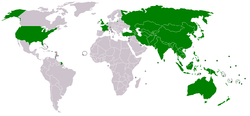United Nations Economic and Social Commission for Asia and the Pacific
| UNESCAP | |
 | |
|
Map showing United Nations Economic and Social Commission for Asia and the Pacific members` | |
| Abbreviation | ESCAP |
|---|---|
| Formation | 1947 |
| Type | Primary Organ - Regional Branch |
| Legal status | Active |
| Headquarters | Bangkok, Thailand |
Head |
Executive Secretary of ESCAP
|
Parent organization | ECOSOC |
| Website |
www |
The Economic and Social Commission for Asia and the Pacific (UNESCAP or ESCAP), located in the United Nations Building in Rajadamnern Nok Avenue in Bangkok, Thailand, is one of the five regional commissions of the United Nations Economic and Social Council,[2] under the administrative direction of the United Nations headquarters. It was established in 1947 (then as the UN Economic Commission for Asia and the Far East, ECAFE) to encourage economic cooperation among its member states. The name was changed to the current in 1974. ESCAP has 53 member States and nine Associate members. As well as countries in Asia and the Pacific, it includes France, the Netherlands, the United Kingdom and the United States.
ESCAP's regional focus is managing globalization through programs in environmentally sustainable development, trade, and human rights. ESCAP is headed by Executive Secretary Shamshad Akhtar of Pakistan. Following her appointment on 3 February 2014 it was announced that under her leadership, ESCAP will place a greater emphasis on promoting higher, well-balanced and sustainable regional growth that helps eradicate poverty and generates jobs to improve prosperity in the region.[3]
Scope
ESCAP works to overcome some of the region's greatest challenges by providing results oriented projects, technical assistance and capacity building to member States in the following areas:[4]
- Macroeconomic Policy and Development
- Trade and Investment
- Transport
- Social Development
- Environment and Sustainable Development
- Information and Communications Technology and Disaster Risk Reduction
- Statistics
- Sub-regional activities for development
Member states
- 01.
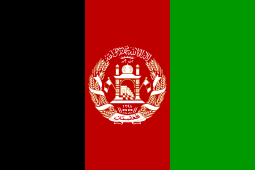 Afghanistan
Afghanistan - 02.
 Armenia
Armenia - 03.
 Australia
Australia - 04.
 Azerbaijan
Azerbaijan - 05.
 Bangladesh
Bangladesh - 06.
 Bhutan
Bhutan - 07.
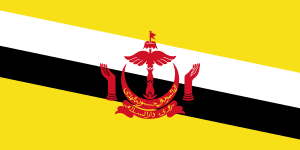 Brunei
Brunei - 08.
 Burma
Burma - 09.
 Cambodia
Cambodia - 10.
 China
China - 11.
 Timor-Leste
Timor-Leste - 12.
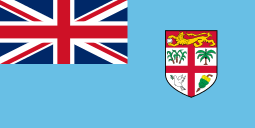 Fiji
Fiji - 13.
 France
France - 14.
 Georgia
Georgia - 15.
 India
India - 16.
 Indonesia
Indonesia - 17.
 Iran
Iran - 18.
 Japan
Japan - 19.
 Kazakhstan
Kazakhstan - 20.
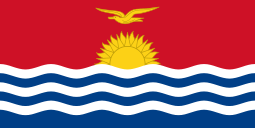 Kiribati
Kiribati - 21.
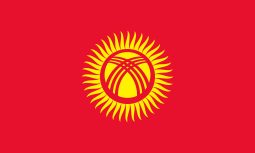 Kyrgyzstan
Kyrgyzstan - 22.
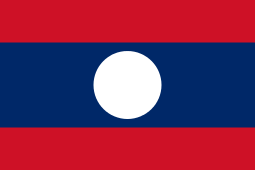 Laos
Laos - 23.
 Malaysia
Malaysia - 24.
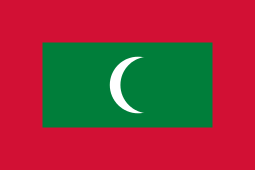 Maldives
Maldives - 25.
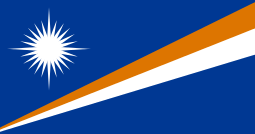 Marshall Islands
Marshall Islands - 26.
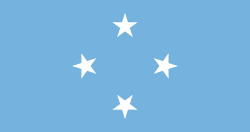 F.S. Micronesia
F.S. Micronesia - 27.
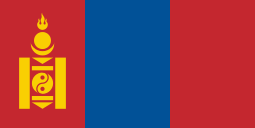 Mongolia
Mongolia - 28.
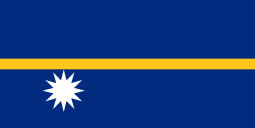 Nauru
Nauru - 29.
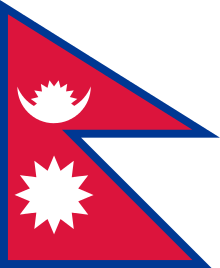 Nepal
Nepal - 30.
 Netherlands
Netherlands - 31.
 New Zealand
New Zealand - 32.
 North Korea
North Korea - 33.
 Pakistan
Pakistan - 34.
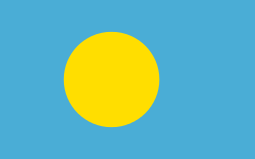 Palau
Palau - 35.
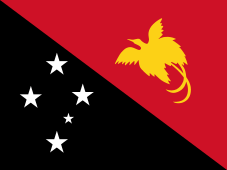 Papua New Guinea
Papua New Guinea - 36.
 Philippines
Philippines - 37.
 Russia
Russia - 38.
 Samoa
Samoa - 39.
 Singapore
Singapore - 40.
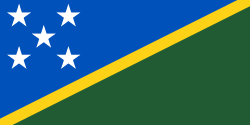 Solomon Islands
Solomon Islands - 41.
 South Korea
South Korea - 42.
 Sri Lanka
Sri Lanka - 43.
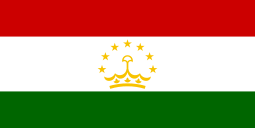 Tajikistan
Tajikistan - 44.
 Thailand
Thailand - 45.
 Tonga
Tonga - 46.
 Turkey
Turkey - 47.
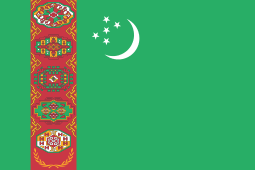 Turkmenistan
Turkmenistan - 48.
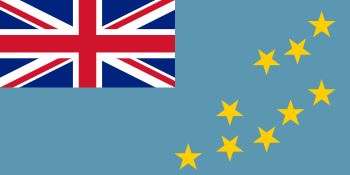 Tuvalu
Tuvalu - 49.
 United Kingdom
United Kingdom - 50.
 United States
United States - 51.
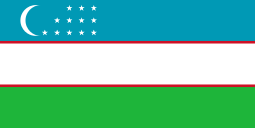 Uzbekistan
Uzbekistan - 52.
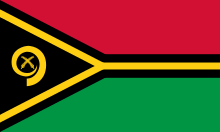 Vanuatu
Vanuatu - 53.
 Vietnam
Vietnam
Associate members
-
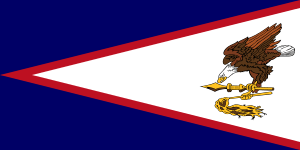 American Samoa
American Samoa -
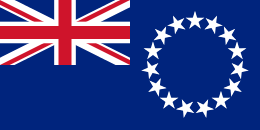 Cook Islands
Cook Islands -
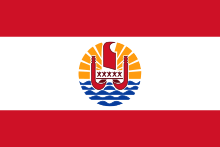 French Polynesia
French Polynesia -
 Guam
Guam -
 Hong Kong, China
Hong Kong, China -
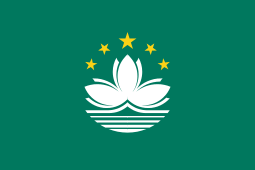 Macau, China
Macau, China -
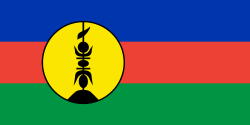 New Caledonia
New Caledonia -
 Niue
Niue -
 Northern Mariana Islands
Northern Mariana Islands
Executive Secretaries[5]
| Secretary | Country | Term |
|---|---|---|
| Ms. Shamshad Akhtar | | 2014–present |
| Ms. Noeleen Heyzer | | 2007 - 2014 |
| Mr. Kim Hak-Su | | 2000 - 2007 |
| Mr. Adrianus Mooy | | 1995 - 2000 |
| Mr. Rafeeuddin Ahmed | | 1992 - 1994 |
| Mr. Shah A M S Kibria | | 1981 - 1992 |
| Mr. J. B. P. Maramis | | 1973 - 1981 |
| Mr. U Nyun | | 1959 - 1973 |
| Mr. Chakravarthi V. Narasimhan | | 1956 - 1959 |
| Mr. Palamadai S. Lokanathan | | 1947 - 1956 |
Locations
See also
- United Nations System
- United Nations Economic and Social Commission for Western Asia
- United Nations Economic Commission for Europe (overlapping membership)
- United Nations Economic Commission for Latin America and the Caribbean (overlapping membership)
- Trans-Asian Railway Network Agreement
- Asian Highway Network
References
- ↑ unescap.org, ESCAP: Office of the Executive Secretary
- ↑ "SUBSIDIARY BODIES OF ECOSOC". United Nations Economic and Social Council.
- ↑ UNESCAP. "Shamshad Akhtar takes charge of UN ESCAP". Press release. Retrieved 4 February 2014.
- ↑ "About ESCAP". United Nations ESCAP.
- ↑ "Former Executive Secretaries". United Nations ESCAP.
External links
- UN Economic and Social Commission for Asia and the Pacific
- ESCAP Pacific Operations Centre EPOC
- Centre for Alleviation of Poverty through Secondary Crops' Development in Asia and the Pacific (CAPSA)
